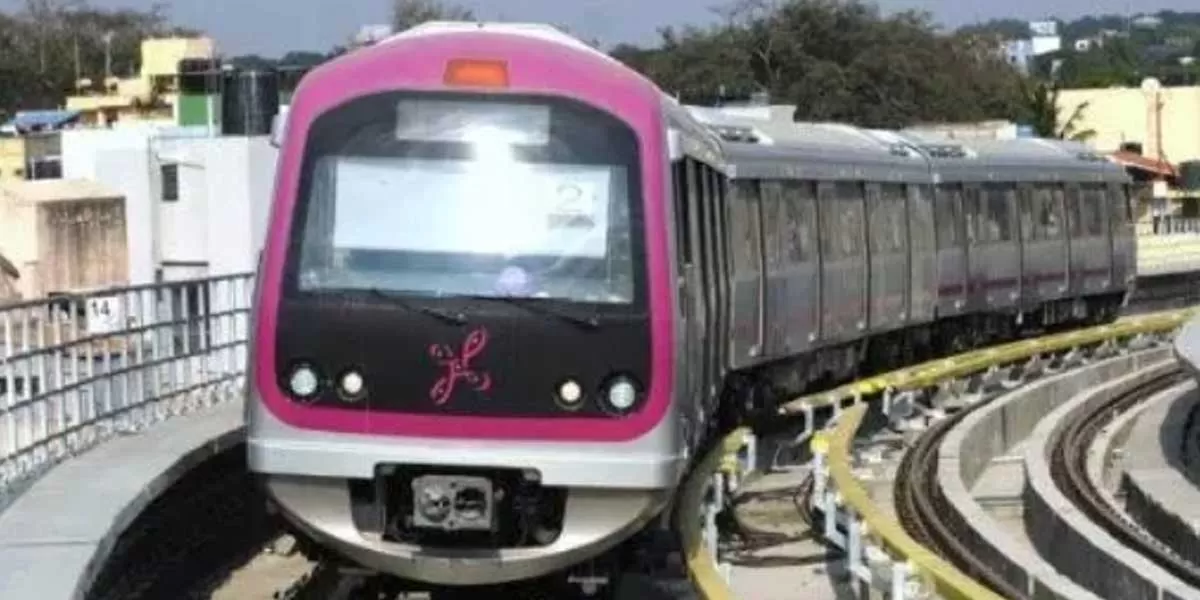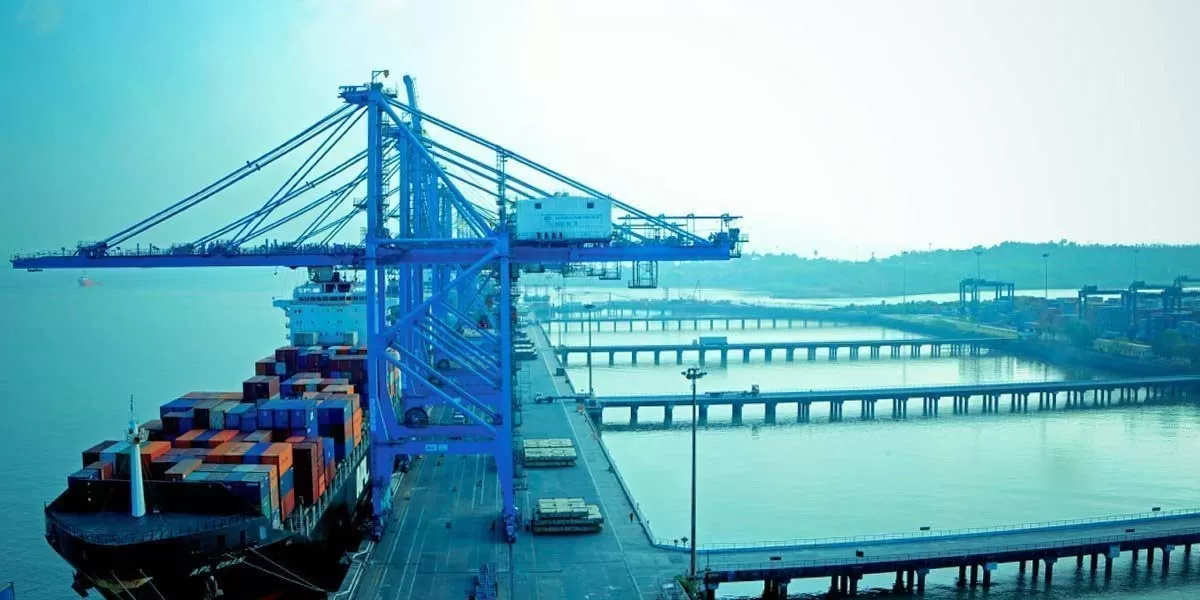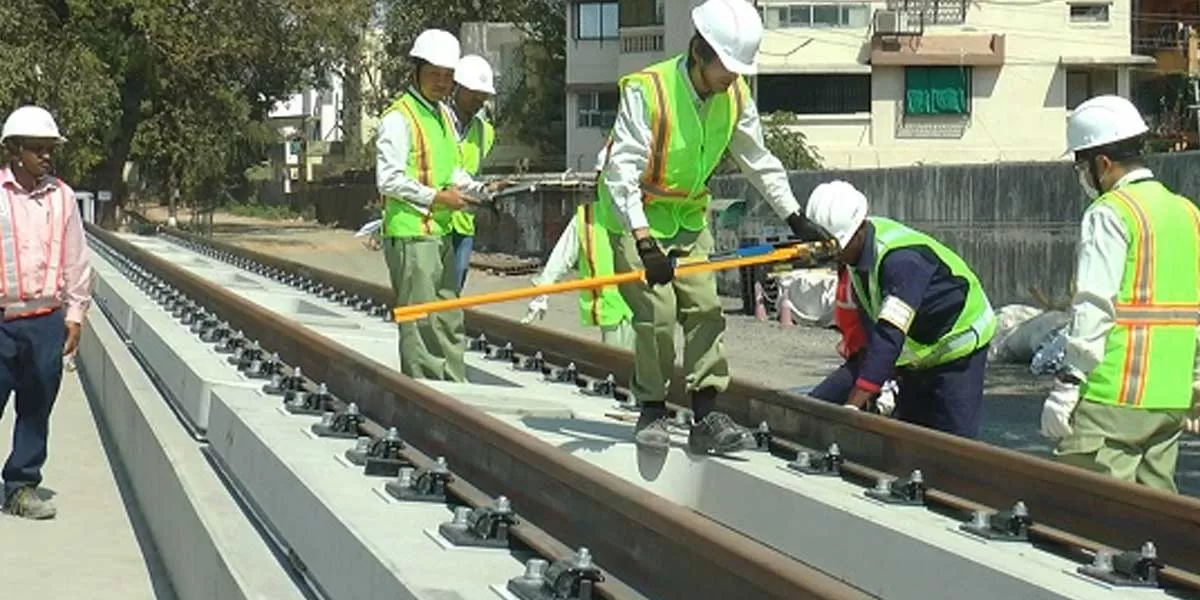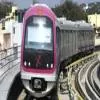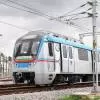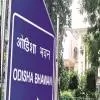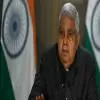Work on Zojila tunnel began on October 15, 2020, with a ceremonial blasting by Nitin Gadkari, Minister for Road Transport & Highways (MoRTH). The project involves the construction of a 14.15-km tunnel at an altitude of about 3,000 m under Zojila Pass (currently motorable for only six months a year) on NH-1 connecting Srinagar and Leh through Dras and Kargil. It is one of the most dangerous stretches in the world to drive a vehicle and this project is also geo-strategically sensitive.After several languishing attempts to guide the project to fruition, Gadkari reviewed the project in detail in February 2020, and referred the matter of reducing the cost and executing it on priority to an expert group under the chairmanship of I.K Pandey, DG (RD) & SS, MoRTH. The expert group suggested modalities of project configuration and implementation, to achieve completion in the least possible time and cost.
After due consultation with tunnel experts and other stakeholders, the expert group submitted its report on May 17, 2020, which was subsequently approved by MoRTH on May 23, 2020.
The project was finally awarded to MEIL, which emerged as the L1 bidder. It will incorporate various safety features, like a video surveillance system, automatic fire detection and suppression system in the tunnel, linear heat detection systems connected to the SCADA system through its control system, emergency telephone niches, a traffic control system with a central control room, etc.
The tunnel is of strategic social and economic significance to the people of Jammu & Kashmir and Ladakh as it will provide all-weather connectivity between the Srinagar valley and Leh (Ladakh plateau) on NH-1. Making travel on the Srinagar-Kargil-Leh section of NH-1 avalanche-free, it will enhance the safety of travellers crossing Zojila Pass and reduce travel time from more than three hours to 15 minutes.
NHAI awards 1,330 km length of projects during Apr-Sept 2020
Despite COVID-19, the National Highways Authority of India (NHAI), under the Ministry of Road Transport and Highways (MoRTH), has awarded 60 per cent more length of projects during the first half of FY 2020-21 compared to the same period last year. The total cumulative length of the projects awarded in the current financial year is 1,330 km. This is the highest length of projects awarded compared to the same period in the past three years.
The projects awarded so far in the first half of the current financial year are 1.6 times higher than the 828 km awarded in FY 19-20 and 3.5 times higher than the 373 km awarded in FY18-19 during the same period.
For the awarded projects, NHAI has already completed at least 80-90 per cent of land acquisition, actioned shifting of utilities and obtained required clearances from various forest and environment authorities. According to a statement by NHAI, during April to September 2020, it awarded a total of 40 projects covering 1,330 km length. The capital cost of these 40 projects is Rs 472.89 billion, which includes the cost of civil work, land acquisition, and other pre-construction activities. NHAI has set a target of awarding 4,500 km of projects during the current financial year and it is likely to exceed this target.
Further, in a bid to improve ease of doing business and forge a better working relationship with all its stakeholders, NHAI has agreed to implement various suggestions made by different industry bodies towards improving the National Highways and instilling confidence among bidders in the roads sector.
Maharashtra government clears broad gauge metro project
The Maharashtra Cabinet has cleared the Rs 3336 million broad- gauge (BG) metro proposal of Maha Metro, the state’s metro rail project company. It will now be sent to the Central Government for its approval. The project aims to provide high-speed connectivity to satellite towns around Nagpur, such as – Narkhed, Wardha, Bhandara and Ramtek.
Once implemented, metro coaches would run on Indian Railways’ track—the first ever such service to be introduced in India. Hailed as one of the most ambitious projects proposed by Maha Metro, which will change the transportation pattern in Nagpur and neighbouring areas. It will utilise the existing infrastructure of Indian Railways by providing air-conditioned, faster, reliable and comfortable services between Nagpur and the four satellite towns.
In July 2018, an MoU was signed between Indian Railways and Maha Metro to link the railway line to metro coaches on the BG network and create a mass rapid transit system (MRTS) in Nagpur city.
This facility is expected to act as feeder service to the Nagpur Metro and will help increase its present ridership. It will also reduce dependency on private vehicles and transportation services and traffic congestion, further reducing accidents and pollution. The total distance covered by the project, involving all the four routes, is 265 km.
The Maha Metro trains will run at a speed of 120 kmph. The coaches will be equipped with all comforts for the commuters between the four locations. Initially, four trains will be put to service to connect the four locations. The number will be subsequently increased to eight after a certain period of time.
KFW, the international funding agency, that had also funded Maha Metro’s Phase 1, has agreed to finance the BG metro project to the tune of Rs 3052 million of the total project cost of Rs 3336 million.
Of the remaining amount, the Maharashtra government would also provide 50 per cent of the strategic debt (SD) of the Government of India (Rs 71 million) and 100 per cent (Rs 142 million) of the SD incurred by the state. Thus, collectively, an amount of Rs 213 million would be sanctioned by the state government and the rest will be borne by the Centre.
Government approves Kolkata East-West Metro Corridor
A proposal by the Ministry of Railways to revise cost estimates for construction of the Kolkata East-West Metro Corridor Project at an estimated cost of Rs 85749.8 million has been approved by the Government of India. The project includes construction of a metro corridor with a total route length of 16.6 km between Salt Lake Sector-V and Howrah Maidan.
The project is being implemented by the Kolkata Metro Rail Corporation (KMRCL), which is a central public-sector enterprise (CPSE) under the Ministry of Railways. The project intends to provide efficient transit connectivity between the business district of Kolkata with the industrial city of Howrah in the west and Salt Lake City in the east. The corridor connects three of the most important parts of the Kolkata Metropolitan Area - Howrah, the business area of Kolkata and new settlements in Salt Lake. Once executed, it will revolutionise mass rapid transport in Kolkata and adjoining Howrah and Bidhanangar.
With the outbreak of COVID-19 affecting the timelines of the project, efforts are now being taken to minimise the impact of the pandemic on completion—the pre-pandemic target for completion of the project was December 2021. Project execution is all the more arduous because it involves tackling immense technological challenges, like building a tunnel below the Ganges, which is the first transportation tunnel under any major river in India, as well as Howrah Station, one of the deepest metro stations in India.
Once complete, the project will offer myriad benefits: it will provide a safe, efficient and environment-friendly transport system to the people, with reduced commuting time, fuel consumption, pollution and accidents.
L&T bags Mumbai-Ahmedabad bullet train project
Larsen & Toubro (L&T) has emerged as the lowest bidder for the design and construction of the 508.17-km Mumbai-Ahmedabad High-Speed Rail Corridor or the MAHSR bullet train project.
L&T bid Rs 249.85 billion for the construction of 237.1 km of the viaduct for the project.
The work includes the construction of four stations, and 24 river and 30 road crossings with an estimated usage requirement of 75 lakh mt of cement, 21 lakh mt of steel and 1.4 lakh mt of structural steel. All these building materials will be produced in India.
Financial bids for the project were opened on September 23. According to the National High-Speed Railway Corporation, other bidders that participated in the process were – a consortium of Afcons Infrastructure, IRCON International, and JMC Projects India, and a consortium of NCC, Tata Projects, J Kumar Infra Projects, and HSR.
While the EPC major has executed various projects for metros in New Delhi, Chennai, Bengaluru, Hyderabad, Kochi, Lucknow and Mumbai, this will be one of the largest projects L&T has executed till date.

